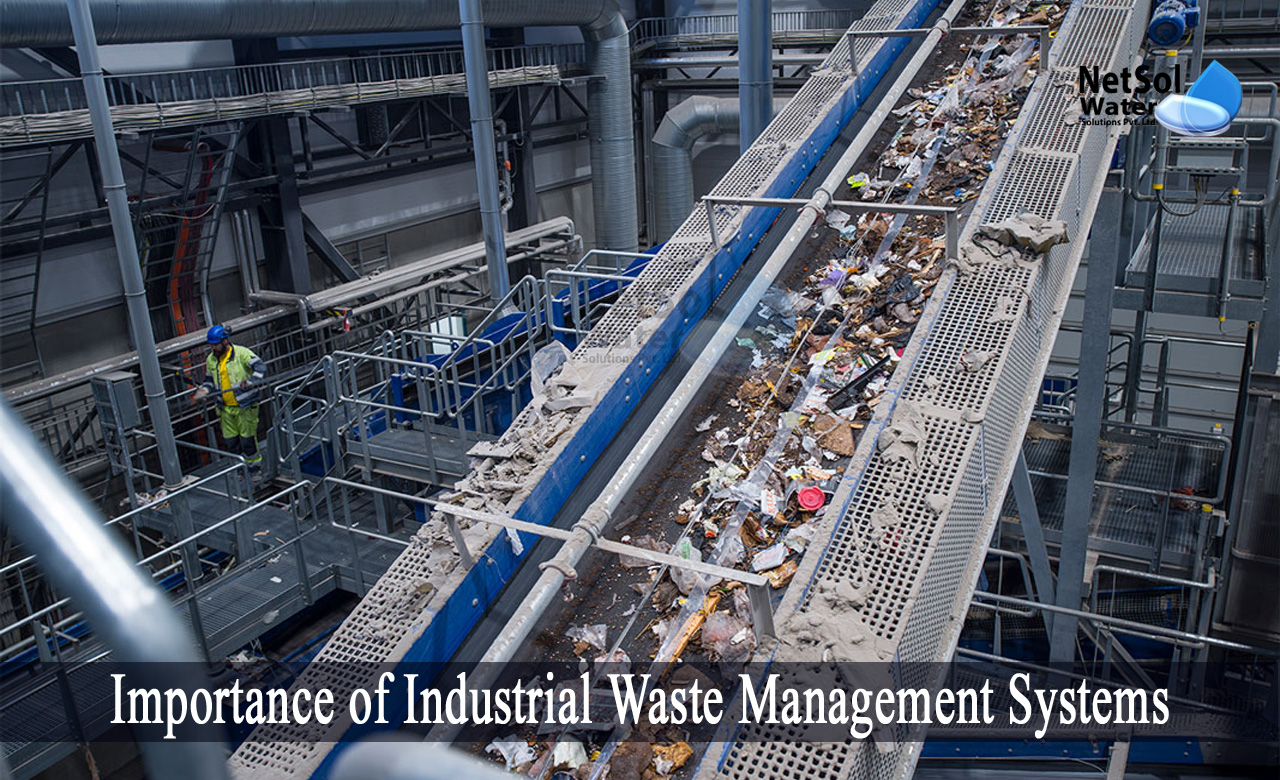What Does Reclaim Waste Do?
What Does Reclaim Waste Do?
Blog Article
The smart Trick of Reclaim Waste That Nobody is Talking About
Table of ContentsThe Main Principles Of Reclaim Waste The 10-Minute Rule for Reclaim WasteThe Facts About Reclaim Waste UncoveredThe Basic Principles Of Reclaim Waste Some Known Incorrect Statements About Reclaim Waste
Domestic sewage waste refers to the waste and items from a domestic septic tank. The correct administration and disposal of domestic sewer waste require liquid waste to be moved to a sewer treatment plant where the proper methods and devices are used to detoxify and dispose of waste.
Commercial waste commonly includes prospective hazards, such as combustible products or a mix of fluid and solid waste items, and requires an extra sophisticated and comprehensive disposal procedure. The disposal of business waste usually involves the filtering of waste prior to transportation to make sure safe and correct disposal. Hazardous waste is produced from byproducts and drainage of industrial processes and production.
This kind of waste can not utilize the very same sewage administration transport or procedures as septic or commercial liquids. The hazardous waste monitoring process needs the examination and testing of liquid waste before it goes through the disposal process (liquid waste disposal). Runoff waste is the liquid waste that comes from runoff and excess stormwater in very populated locations or cities
Runoff waste can cause contamination and flooding if not handled appropriately. Find out extra about sewage system cleaning and waste administration. Making sure proper waste administration can avoid catastrophes and minimize environmental harm. Both people in household setups and specialists in industrial or production markets can gain from understanding the procedures and laws of fluid waste monitoring.
Reclaim Waste - Questions
Get in touch with PROS Services today to learn about our waste management and disposal solutions and the proper methods to care for the fluid waste you generate.
(https://blogfreely.net/reclaimwaste1/yc311a58b1)Do you recognize what happens to your water when you disengage, flush the toilet or drain pipes the washing device? No? Well, it's worth understanding. This supposed 'wastewater' is not only an essential resource but, after therapy, will be launched to our land, rivers or the ocean. Utilized water from toilets, showers, baths, kitchen area sinks, washings and industrial processes is called wastewater.

water made use of to cool machinery or tidy plant and devices). Stormwater, a kind of wastewater, is runoff that moves from agricultural and metropolitan locations such as roof coverings, parks, yards, roads, courses and rain gutters into stormwater drains pipes, after rainfall. Stormwater flows untreated directly to regional creeks or rivers, at some point reaching the ocean.
What Does Reclaim Waste Do?
In Queensland, many wastewater is treated at sewer therapy plants. Wastewater is delivered from domestic or industrial sites with a system of sewage systems and pump stations, called sewerage reticulation, to a sewage therapy plant. Neighborhood governments build, maintain and operate most sewage treatment plants. Operators are licensed under the Environmental Management Act 1994 to discharge treated wastewater at an acceptable environmental criterion right into waterways.
The Division of Natural Resources suggests city governments regarding handling, operating and preserving sewerage systems and therapy plants. In unsewered locations, regional governments might require homeowners to install individual or family sewer therapy systems to treat domestic wastewater from toilets, kitchen areas, washrooms and washings. The Division of Natural Resources authorises making use of family systems when they are shown to be effective.
In some new communities, therapy of some stormwater to remove litter, sand and gravel has actually begun making use of gross contaminant catches. Wastewater therapy happens in 4 stages: Removes strong issue.
Makes use of small living organisms recognizes as micro-organisms to break down and eliminate continuing you can try these out to be liquified wastes and fine particles. Micro-organisms and wastes are integrated in the sludge.
What Does Reclaim Waste Do?
Nutrient removal is not offered in all sewer treatment plants since it calls for pricey specialised equipment. It is coming to be much more common in Queensland. Clear liquid effluent generated after treatment may still include disease-causing micro-organisms. If this effluent is launched into rivers such as rivers or the sea, the micro-organisms will eventually pass away out.

This generally implies wastewater has actually to be treated or contaminants removed before it can be discharged to rivers. A lot of wastewater streams right into the sewerage system. Under the Act, city governments administer authorizations and licences for eco appropriate activities (Periods) including wastewater releases that might have a neighborhood impact. The department administers approvals and licences to Periods involving wastewater launches that could have a regional or statewide impact.
The 7-Minute Rule for Reclaim Waste
Surveillance supplies accurate information about water quality and can validate that permit problems are being satisfied. The information obtained through tracking provides the basis for making water high quality choices.
Report this page